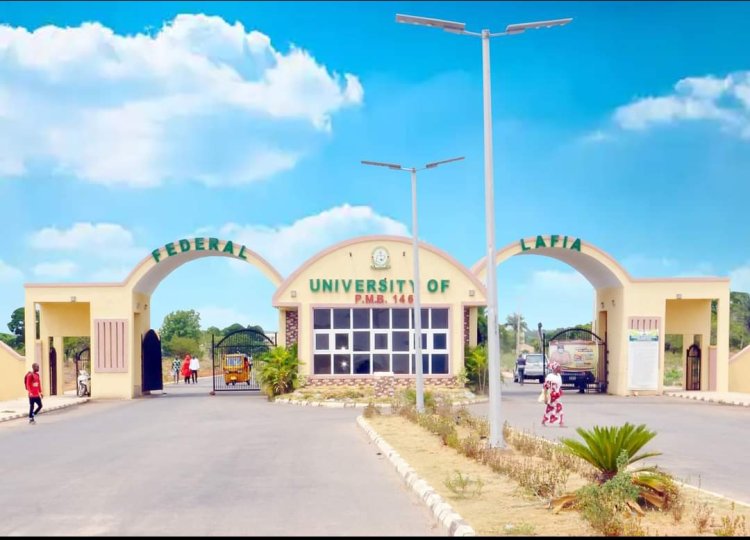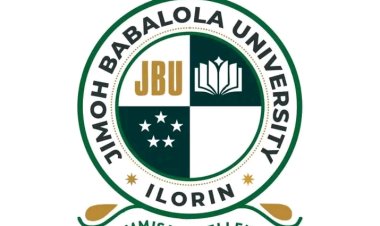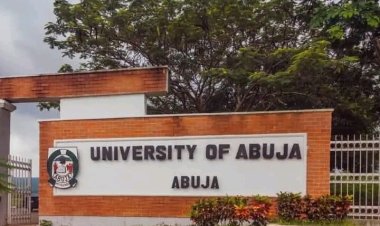Prof. Dan’Asabe-Jibrin Calls for Local Refining of Crude Oil at FULafia Seminar
Dan’Asabe-Jibrin questioned Nigeria’s reliance on foreign refineries despite being a leading oil producer. He urged the government to rehabilitate and optimize the country’s four refineries and to support the Dangote refinery, which he believes could meet domestic and export needs.

Prof. Abdullahi Dan’Asabe-Jibrin, Dean of the Faculty of Social Sciences at Federal University of Lafia (FULafia), has called for mandatory local refining of crude oil to address supply issues in Nigeria. His remarks were made during the 3rd Seminar of the faculty on Wednesday, August 21, 2024.
Speaking on the topic “Nigeria State and Oil Sector: A Trajectory of Power, Politics, and Poverty,” Dan’Asabe-Jibrin highlighted that crude oil is produced in nine states, with Abia, Akwa-Ibom, Bayelsa, Cross-River, Delta, Edo, Imo, Ondo, and Rivers being major contributors. The Niger Delta Basin is noted as the largest producer in West Africa.
Dan’Asabe-Jibrin questioned Nigeria’s reliance on foreign refineries despite being a leading oil producer. He urged the government to rehabilitate and optimize the country’s four refineries and to support the Dangote refinery, which he believes could meet domestic and export needs. He also suggested the establishment of modular refineries and the licensing of private investors to further bolster domestic energy production.
Additionally, the professor emphasized the need for the government to combat corruption within the oil sector and reintroduce fuel subsidies to alleviate public hardship.
In response, Prof. Shehu Abdul-Rahman, Vice Chancellor of FULafia, praised the seminar series for fostering knowledge exchange aimed at solving societal issues. He encouraged researchers to explore solutions for contemporary challenges and assured that the university would recognize outstanding academic contributions.





